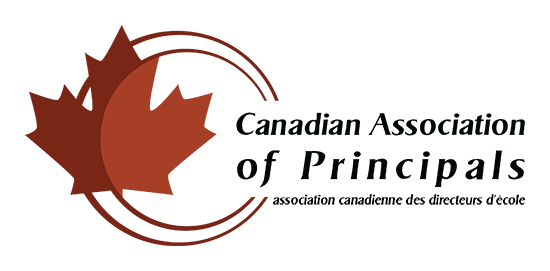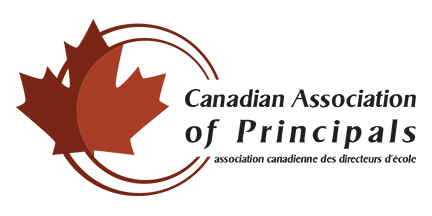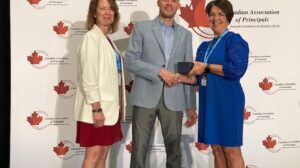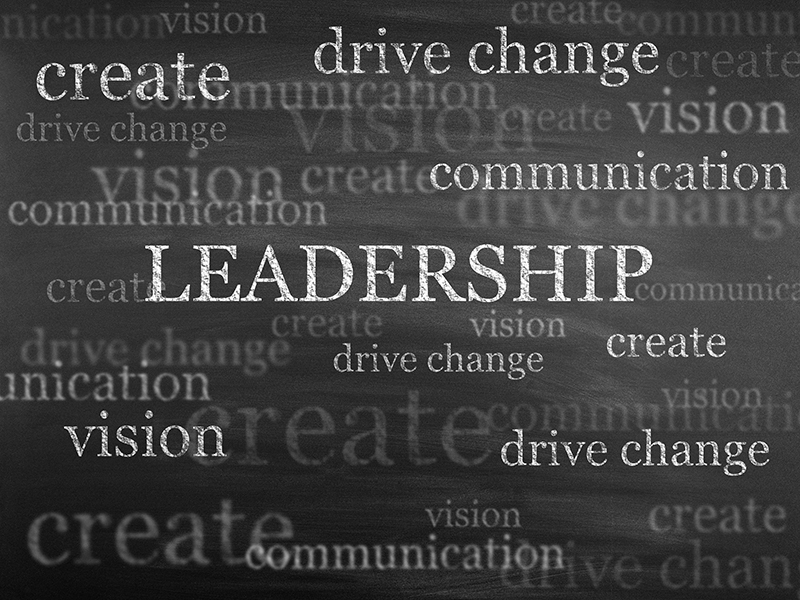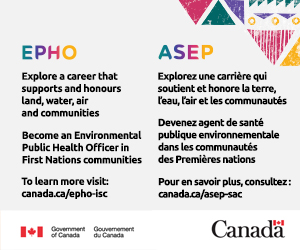CAP 2024 KEYNOTE SPEAKERS: Baruti Kafele
Earlier this Fall I had the pleasure of engaging Principal Baruti Kafele in a conversation on Educational Leadership. An experienced school leader in his own right, Baruti is now best known for his high-energy talks, insightful writing, and passion for education being the great equalizer. He is also as passionate about the role of leadership and how the leader sets the tone, corrals the community, and reinforces the direction of the school. But in order to do this leaders must be cognizant of their influence potential and work to maximize it. They must ask themselves – consistently – who is that leading my school?
This quote comes from Baruti’s book ‘Is My School a Better School Because I Lead it?’ and was used as the starting point for our conversation. Our chat spanned many topics from equity to sports, to coaching, community, and funding. But there were three key quotes that I think are worth repeating and worth considering as school leaders.
Quote 1: Self-reflection
How often, how frequently, and for what duration of time do you simply engage in self-reflection of your day? I don’t mean just a passing thought. I don’t mean daydreaming. I mean intention. The intentionality of just looking at you from the start of the day.
– Baruti Kafele
Leaders must get used to – though perhaps not comfortable with – self-reflection. Not ‘comfortable with’ as self-reflection should push you and make you go outside your comfort zone. For self-reflection to be meaningful, and valuable, it needs to be consistent and it must be honest. Self-reflecting on the things that felt good after the day is done could almost be described as a form of self-deflection, or at least the deflection of real reflection. Rather get used to self-reflection in realtime or as Baruti described it ‘holding the mirror up’ to view yourself in the moment. The more you do it the better and easier it becomes.
Self-reflection is not something that is typically taught but it is something that is assumed that leaders will develop. Yet we also know that many leaders focus primarily on the duties or tasks of school leadership without focusing on the human, relational, or personal side of leadership. Self-reflection, determining your values and vision, understanding how others perceive you, and knowing what influence you have or lack, are all part of being an authentic effective leader.1
Quote 2: Purposeful learning
What are those areas that I could have been better? What are those areas that I could have done something differently? What are those areas in terms of who I was as a leader? Or was I a leader? Did I engage students? Did I do the things that mattered to me most as a leader of a school? Did I do those things that the school needs or requires of me? What is my self-assessment saying of me, as the leader every day?
– Baruti Kafele
We can easily become better at the management side of school leadership. The walk-throughs, the scheduling, the parsing of communication with the broader school-community. All of these tasks have training and processes to make us more effective and efficient. But are these the only responsibilities of a school leader? Or are there other aspects of leadership that we should be targeting?
How did you step up or show up as a leader today? Who did you inspire? How did you move people forward in their thinking? How did you challenge perceptions and at the same time maintain staff trust and empowerment?
We need to consider what we are self-reflecting on, and we must be prepared to push our thinking – and expectations – beyond the checklist of tasks. Just as we expect our teachers to be great at teaching, we must expect our school leaders to be great at leading.
Growing our leadership means growing ourselves and also growing our teams. This means engaging and empowering them in the running and processes of the school. The role of the school leader could sometimes be redefined as Chief Engagement Officer but not in terms of frivolous fun but rather in terms of meaningful and purposeful engagement in the school and its direction. Is there a vision across the school and does it equate to a shared purpose? Does everyone row in that same direction?2 When you self-reflect do so on the areas that matter and on the issues that will bring improvement.
Quote 3: Purposeful leading
Never, never ever lose sight of why you entered the profession. And in this case, made a decision to lead because no one made you lead. That was a decision, and chances are very good, in your mind, you said if they give me an opportunity to lead I’m going to take that school to heights that it’s never been, or some variation. You didn’t go in there saying, I hope they give me an opportunity, but I really don’t know if I’m going to be effective or not.
– Baruti Kafele
Never forget why you entered the profession. Never forget why others, including the food services manager, bus drivers, and office staff, entered their school-based profession and in this particular location. Everyone made a choice to be part of the education system and the majority did so to foster the life-changing potential of education.
As Baruti declared, you chose to lead and when you did it likely wasn’t because of a love of Excel budget sheets and scantron assessment readouts. What does ‘being a successful leader’ mean to you? That’s for you to consider and answer but whatever you end up with it should be what you reflect on and what are judging yourself on, and what you are seeking to get better at. Are you being the ideal you desire, or more likely – as we are all learning and growing – are there areas that you could enhance, go deeper, or get better at?
These are not easy or straightforward things to do. The number of self-help, personal-growth books out there show that this does not come naturally to us. Seek a partner. Someone to share concerns, ask questions, and push your perceptions. But as you seek this partner consider what you are looking for. Are you wanting to be better at ‘managing a school’? Or are you looking to replicate ‘how a school was run last decade’? If you are looking to be a ‘better leader’, consider what that means, to you. Then find someone who can help you become that better leader.3
Being a leader is more than doing business as usual. It should be questioning yourself, your actions, your perceptions, and your impact. Above all, it should be about asking yourself what your purpose is as a leader and then seeking to do it better. Because as Baruti stated to end our conversation
“When your passion and your purpose align, then you’re in a good space in life. Your passion, your purpose, your dream, when they all align.”
Baruti Kafele will be keynoting the CAP24 Conference in Toronto next year.
Watch the conversation with Baruti Kafele www.youtube.com/@BTSSpark
References:
1 Self-reflection is an inherent part of the Be domain of our 33 Leadership Mindsets. These mindsets focus on your self-awareness, self-efficacy, and include the mindsets of Confidence, Authenticity, and Leadership Presence.
2 Growing our teams is part of the Relate domain. Mindsets include Engage Others, Stretch Others, Listen, Inclusion and Respect.
3 Leadership coaching has been shown to increase effective relationships, collaboration, and engagement; resulting in higher levels of trust; operational efficiency; and decreasing staff attrition (via Leadership coaching as a culture enabler).
ABOUT THE AUTHOR:
Sean Slade is a global education leader, speaker, and author, with three decades of experience in education. He is the Head of BTS Spark, North America, a not-for-profit practice focusing on developing the next generation of school leaders. Previously Sean led the Whole Child initiative at ASCD for over a decade, where he launched and grew the ASCD Whole Child Network and led the development of the Whole School, Whole Community, Whole Child Model (WSCC). He is a Social & Emotional Learning expert for NBC Education Nation, advisor to the OECD’s Future of Education, ambassador for HundrED, judge for T4’s World’s Best School Prizes, and a founding member of the UNESCO Chair on Global Health & Education. He has written for the Washington Post, Huffington Post, EdWeek, and EdSurge and has published with Rowman and Littlefield, ASCD, Abingdon Press, Human Kinetics, and Routledge.
